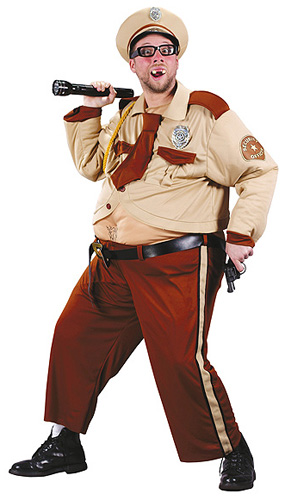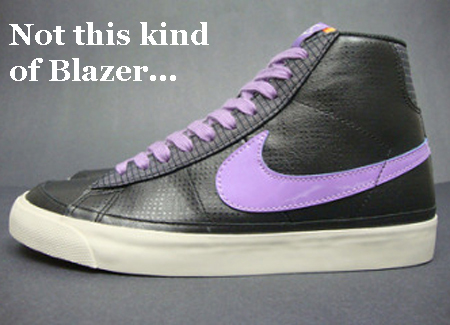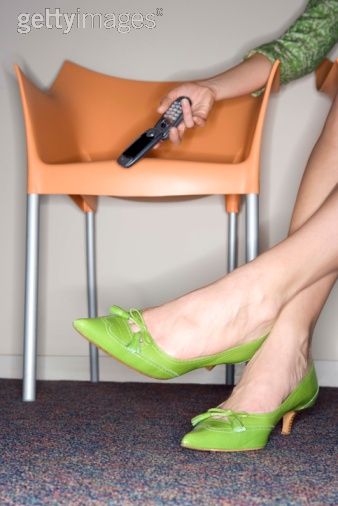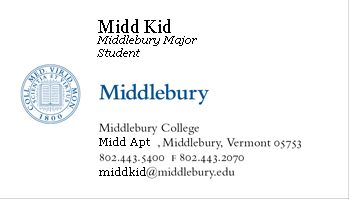Here’s a little article from newsletters that college career counselors read…
Thought you might like to know what is going onnnnn.
Employers are looking for more professionalism from the college students and recent grads they hire for internships and entry-level jobs, according to the 2010 Professionalism in the Workplace Poll conducted by the Center for Professional Excellence at York College in Pennsylvania.
The study questioned more than 400 business leaders and human resources executives across the United States. Its key finding: 38.2% of the respondents said that less than half of all new college graduates demonstrate professionalism in the workplace.
Continue reading







